BreakingModern — Who’s your favorite male actor nowadays? If you named a British actor, very few in the film industry would be surprised.
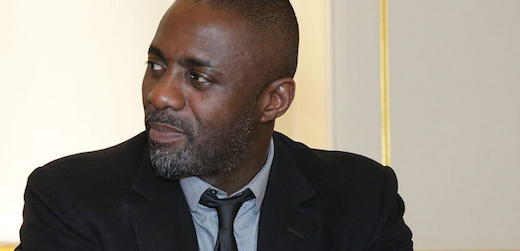
Americans watch British actors not only on popular British television (who hasn’t listened to someone geek out about Dr. Who?) but also on American television programs and in American movies, where the British actors quite commonly play Americans. British actors snag lead American roles in many well-loved films and shows: Sons of Anarchy, House, The Wire, 12 Years a Slave, The Fighter — the list goes on and on. The trend appears to be overwhelmingly male, with no real explanation as to why.
By the way, these actors aren’t always playing everyday Americans (although they certainly do that well). British actors play American icons and heroes: think David Oyelowo as Martin Luther King, Jr., in Selma and Daniel Day Louis as Abraham Lincoln in Lincoln. Even all-American superhero roles get snapped up by the Brits, as with Henry Cavill as Superman, Christian Bale as Batman and Andrew Garfield as Spider-Man. Not only are these actors playing some of the most cherished American legends in history, they’re doing it extremely well — they even win an occasional academy award for their trouble.
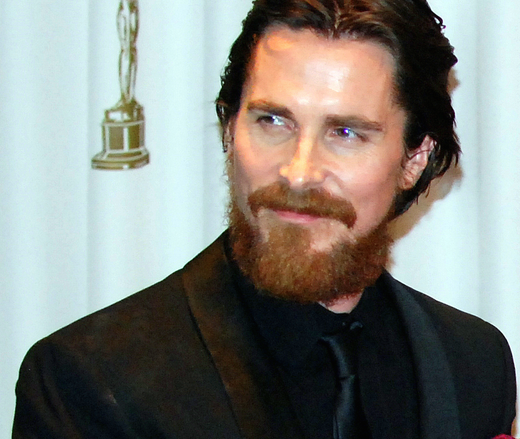
So why are British actors swooping in to play Americans in American movies when directors have an abundance of, erm, actual American actors to choose from? And why are these U.K. natives’ portrayals so moving and their American accents so perfect?
Many point to the U.K. actors’ training in the British theatre, and the technique that comes with studying Shakespearean acting. While many Americans train for the big screen by working in TV (á la George Clooney), British actors’ training tends to be more technical and theatre-driven. This training puts an emphasis on character acting, vocal techniques and studying multiple approaches to acting.
Director Stephen Frears (Dangerous Liaisons, The Queen) says this “crisis” in American acting has everything to do with the lack of real theatre training for American actors. Ava Duvernay, director of the Academy Award-nominated Selma, told Buzzfeed, “I think there’s something about the stage, because [British actors] have that stage preparation. Their work is really steeped in theater. Our system of creating actors is a lot more commercial … There’s a depth in the character building that’s really wonderful.”
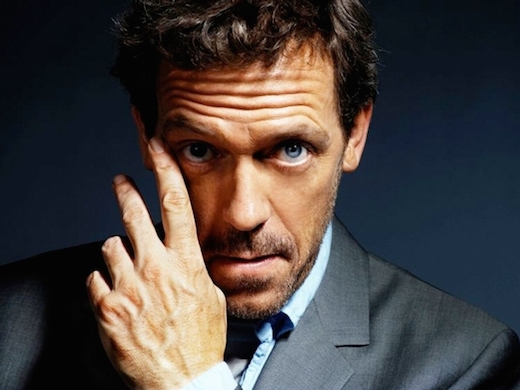
So is traditional Shakespearean training the way to go for American actors on the rise? Could classical theatre performances open new doors for aspiring American thespians?
Some Americans are counting on it. The small town of Ashland, home of the well-received Oregon Shakespeare Festival and the Ashland New Plays Festival, is overrun with actors looking to perfect their craft. The artists star in both ye olde plays and more recent classics, performing in a wide range of timeless plays with some of the more recent masters of world theatre.
Will we start seeing theatre-trained Americans winning back American roles? Possibly. Alumni of the Oregon Shakespeare festival include several rising stars, including Raffi Barsoumian of The Vampire Diaries and Stephanie Beatriz of the Emmy-award winning comedy Brooklyn Nine-Nine. However, the festival’s veterans have yet to break into the Hollywood big time. In fact, some of its most successful actors instead opt for careers in theatre rather than on the silver screen.
In other words, Americans may be seeking classical training, but this British invasion may still stick around for a good long while.
For BMod, I’m Alison Maney.
All Screenshots: Alison Maney

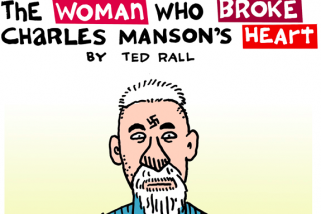




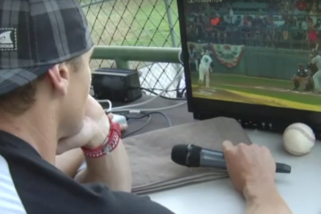
![Who’s Going to Get “Lucky” This NBA Season? [commentary]](../wp-content/uploads/2015/10/HEADER4-60x60.jpg)
![Pete Rose Continues to be Out of Step with Major League Baseball [commentary]](../wp-content/uploads/2015/10/HEADER2-60x60.png)

![Cooking Fever [review]](../wp-content/uploads/2015/11/HEADER1-321x214.png)
![Assassin’s Creed Syndicate [review]](../wp-content/uploads/2015/11/HEADER3-60x60.jpg)
![The Legend of Zelda: A Link to the Past [manga review]](../wp-content/uploads/2015/10/HEADER3-60x60.png)
![Madden NFL Mobile [review]](../wp-content/uploads/2015/09/header3-60x60.jpg)